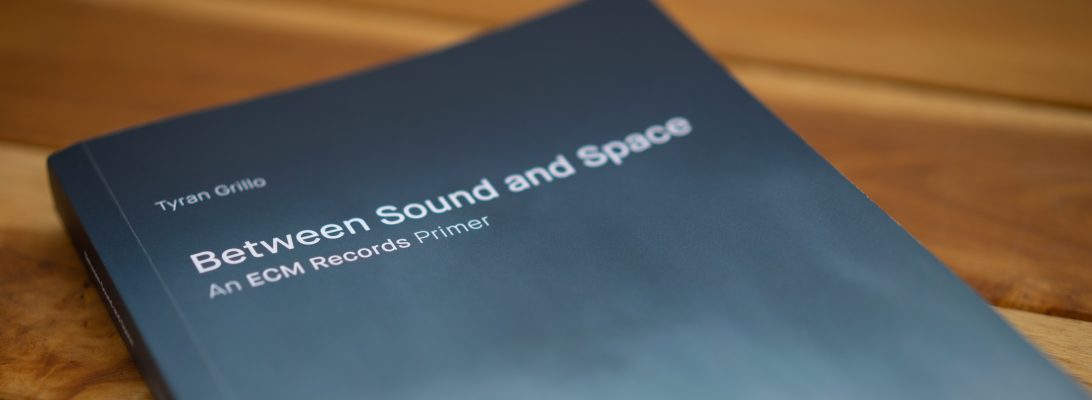
Keith Jarrett
A Multitude of Angels
Keith Jarrett piano
Concert recordings October 1996
Modena, Teatro Comunale / Ferrara, Teatro Comunale
Torino, Teatro Regio / Genova, Teatro Carlo Felice
Played, produced and engineered by Keith Jarrett
Mastering: Christoph Stickel and Manfred Eicher at MSM Studio, München
An ECM Production
Release date: November 4, 2016
Fate is retrospective. It lies hidden for any number of years—in this case twenty—before cracking a smile just broad enough to enter our field of vision. Whether courted by demons or offered by angels, events have a way of feeling inevitable when serving as targets of remembrance. In these solo concerts, recorded October 1996 in four Italian cities, Keith Jarrett reminds us that fate can be as beautiful as it can be terrifying. In the album’s liner note, the pianist calls this a pinnacle of his career as a solo improviser. But the keyword there is the indefinite article, for it must be one pinnacle of many in a horizon filled with them. These being the last solo concerts he would give before a then-undefined disease locked his body into temporary submission, they also unlocked a self-awareness that even Jarrett would need time to discover.
Part I of his performance at Modena is so comforting that listeners cannot help but become more deeply aware of their own selves. Like an old friend with whom you pick up right where you left off, it feels immediate and true. Jarrett embraces us with gentle assurance, asking nothing more from us than the same in return. As he transitions into a groovier romp midway through, punctuating the ether with all the experiential knowledge he has in grasp, he whispers of a reverie yet to come. As always, his is the voice of an artist marveling at his own transmission. Part II, as often happens in a Jarrett solo sequences, contrasts flowing lyricism with abstract denouement—no less welcoming than the more hummable forays. His probing nature creates an atmosphere of exploration, of a willingness to scour every last inch of soil in search of archaeological clues to the nature of these sounds. It only feels spontaneous because for being unearthed after so much hibernation.
Part I of Ferrara is one of the most visceral journeys Jarrett has ever recorded. Throughout its 44-minute traversal, we encounter an entire biography, spun and re-spun until shames are filled with virtues. This anthem of the soul paints a twilit dream of such thin altitude that it can only break itself toward fulfilment of knowledge. This is a crowning achievement of alchemy, by which the piano’s tempered steel medium metamorphoses into a golden message of liberation. This is followed by an upbeat Part II, for which Jarrett digs so deep that it’s all we can do to shine a light into the proverbial tunnel to catch a glimpse of his feet as he slips from view.
Torino’s brooding opening reveals a geometric puzzle that can only be solved by mixing it. Through its process of productive error, Jarrett becomes more complete, walking as much as dancing through stages of learning. Part II likewise obliterates introverted theories with extroverted practice, turning complex shapes into universally translatable phrases, hammered into place by stomping feet.
Genova’s first part, freest of them all, is a kaleidoscope turning in the hands of a future self. As Jarrett cascades down the waterfall of his own acceptance of whatever notes may come, he follows rather than leads the way into a river of diaristic currents before Part II travels upstream to the source. An anthem for all time, devoid of time.
This four-disc set might be worthy of the adjective “monumental” if only it wasn’t so intimate. If anything, it’s humility incarnate. This is clearest when Jarrett’s encores take form as tried-and-true melodies. Whether in his loving rendition of “Danny Boy” in Modena or aching “Over the Rainbow” in Genova, he plays to show us who we are at any given moment. Even in the unnamed encores we find something human to hold on to, alive with outstretched hands. Such is this music’s ability to grow as we grow, so that the most timeworn phrase becomes new when we add more pages to the books of our lives.

